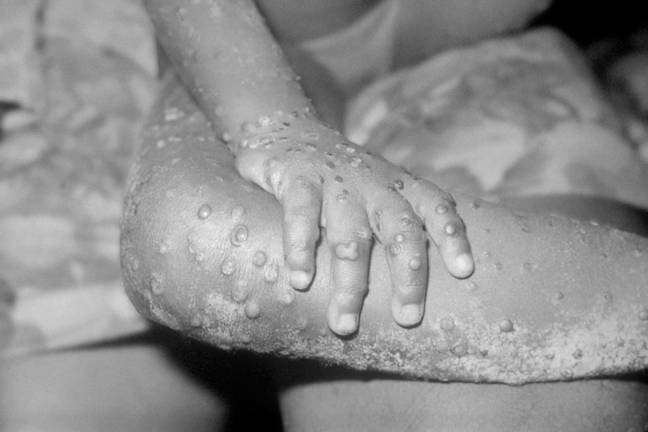
Belgium Becomes First Country In The World To Introduce Mandatory Quarantine For Monkeypox Cases
Published on May 23, 2022 at 10:26 AM by Face of Malawi
Belgium has officially become the first country to introduce a mandatory three-week quarantine for monkeypox.
Three cases have been recorded in Belgium; all believed to be linked to ‘Darklands’, a gay pride festival in the port city of Antwerp, according to 7 News.
“There’s reason to assume that the virus has been brought in by visitors from abroad to the festival after recent cases in other countries,” the organisers of Darklands said.
“The risk assessment group of the federal government has asked Darklands to inform its guests about these infections.”
Belgian health officials revealed that those who contract monkeypox would have to undergo a 21-day quarantine, but close contacts would not.

Close contacts are only required to track their symptoms and remain vigilant, especially when around vulnerable people.
Belgium’s quarantine comes after the UK confirmed 20 cases over the weekend.
Chief medical adviser for the UK Health Security Agency (UKHSA) Dr Susan Hopkins warned the virus is transmitting predominately among those identified as gay or bisexual.
While speaking on the BBC One’s Morning Show, she said: “We are finding cases that have no identified contact with an individual from West Africa, which is what we’ve seen previously in this country.
“The community transmission is largely centred in urban areas and we are predominantly seeing it in individuals who self-identify as gay or bisexual, or other men who have sex with men.”
Last week, Australia recorded its first ‘probable case’ after a man in his 40s contracted the smallpox-like virus after returning from Europe.
Chief Health Officer Kerry Chant said they had alerted health authorities to watch for symptoms to avoid an outbreak due to the first case arriving in the country.
She said: “NSW Health has issued a clinician alert to GPs and hospitals across the state and has also been in contact with sexual health services to increase awareness of the cases identified overseas and to provide advice on diagnosis and referral.
“We will be speaking with GPs about this issue again today.”
The World Health Organisation (WHO) also issued a statement, saying they will work towards providing more thorough guidelines about the virus to raise awareness and prevent it from spreading further in the coming days.
They said: “Available information suggests that human-to-human transmission is occurring among people in close physical contact with cases who are symptomatic.
“WHO is also working to provide guidance to protect frontline health care providers and other health workers who may be at risk such as cleaners.”


